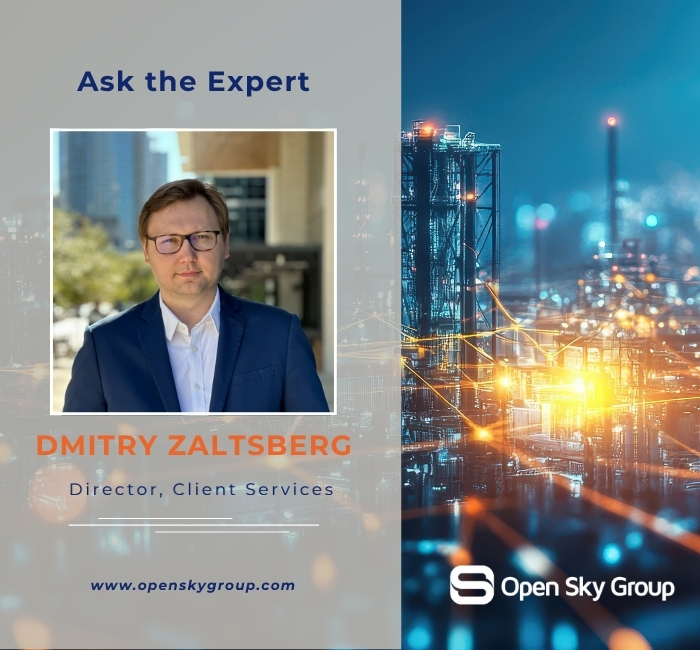WMS Implementation Teams – Roles & Tips
WMS implementation teams need more than just a solid PM and WMS Super Users. In this post, we’ll cover the remaining roles of typical WMS implementation teams. Again, your team might look a little different if you are only going to implement one facility vs. multiple facilities, or if you are a 3PL planning on doing many diverse roll outs as you onboard new customers. Many of the roles will be filled by people you already have and some will need an external resource or expert. Careful consideration and honest introspection up front will greatly increase your chances of success in having the right people on your team. Even if your goals are different than the situations we describe, we think you’ll find some useful ideas and tips.
Integration Lead
This is the person who is going to know how to get data into and out of the existing systems and into the new system(s). Sometimes there are multiple integration leads as each system may require its own leader or expert. There will still be one person who chooses the architecture, technologies, etc. that will be used to integrate different systems. At a minimum there will be someone who understands your company’s ERP system and how to integrate it to the future WMS. Since the WMS will be new to your organization, you most likely will find it useful to bring in experienced outside help to fill the WMS Integration Lead role. It might be possible for just one person on your WMS implementation teams to handle both ERP and WMS integration if the WMS’ integration technology and documentation is easy to use, mature, robust and feature-rich.
WMS Configuration Lead
Good WMS implementation teams require the services of an expert WMS Configuration Lead who can contribute to the creation of the future state design, as well as translate that design into a working configuration of the new WMS. This person is often supplied from the software vendor or a consulting company that specializes in the software you selected. We can’t stress enough here that experience in this role really pays off in the long run. While configuration and processes can be reworked, it is always much better for everyone to get it done right the first time.
Business Process Owner
Another role which is often a part time role and may be a role filled by many different people on WMS Implementation teams is the Business Process Owner. For each process that will be touched by the new system it is essential to have an identified Business Process Owner who can validate and clarify requirements for that process, as well as be able to judge if the new system will be acceptable to the business.
System and Database Administrators
Some other roles that may be required based on your hosting strategy will be System and Database Administrators. A WMS generally runs on a server and requires a database. Where there are servers and databases there are System Administrators (often called Sys Admins) and Database Administrators (often called DBAs). However, it might be possible to avoid or outsource these roles if you are using a hosted (or cloud) solution.
WMS Go-Live Support Personnel
During the go-live you will also need people on WMS implementation teams who can cover the floor or offices and provide users with guidance and help resolve issues. These WMS Go-Live Support personnel can be supervisors, consultants or members of your testing and training staff who have a good understanding of how the system should work and how to guide users to find the right resource when faced with an exception process.
Other Experts
Finally, there will be many different experts during an implementation that will focus on one particular process or technology. For example, if you implement a Labor Management, Parcel Shipping, Slotting, etc. system as part of your WMS implementation, there will likely be roles that need to be filled. You might find that you need to generate a lot of reports and labels and you will need persons who are skilled in the technologies used to create those artifacts.
Make sure that you are looking beyond the go-live at your long term production sustainment team. While some roles will only exist during the implementation phase, some of those resources may be able to transition into long term sustainment roles following go-live.
A word of caution before we go…
What we often see with many internal resources is they are required to continue to support their day jobs while becoming a member of WMS implementation teams. This typically does not work out very well as they have a duty to support the day-to-day operations and often cannot focus properly on the WMS implementation. Make sure that internal resources can be completely pulled out of their day jobs and are able to focus on the future. Both you and the employee(s) will have a much better experience and outcome.













